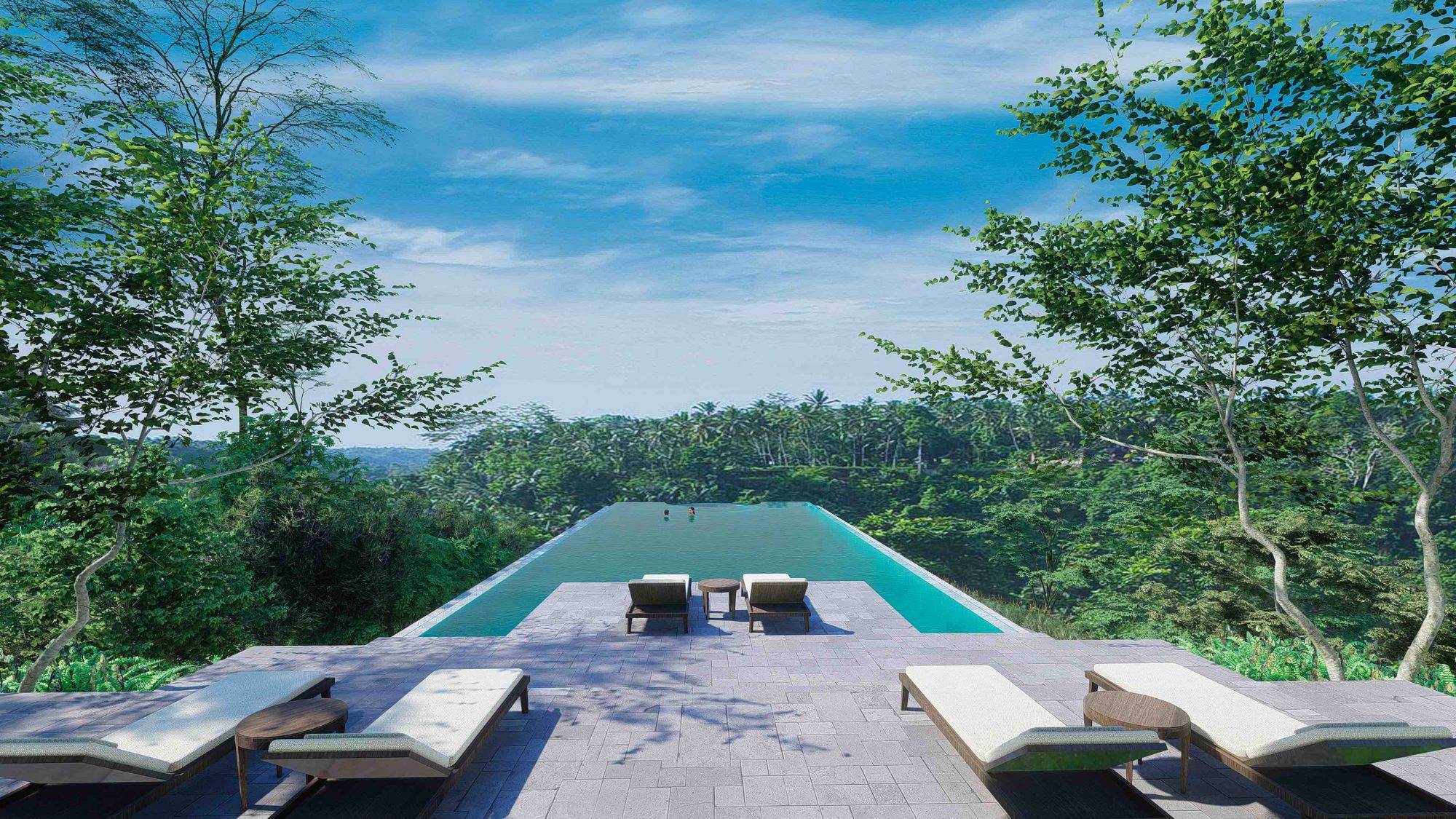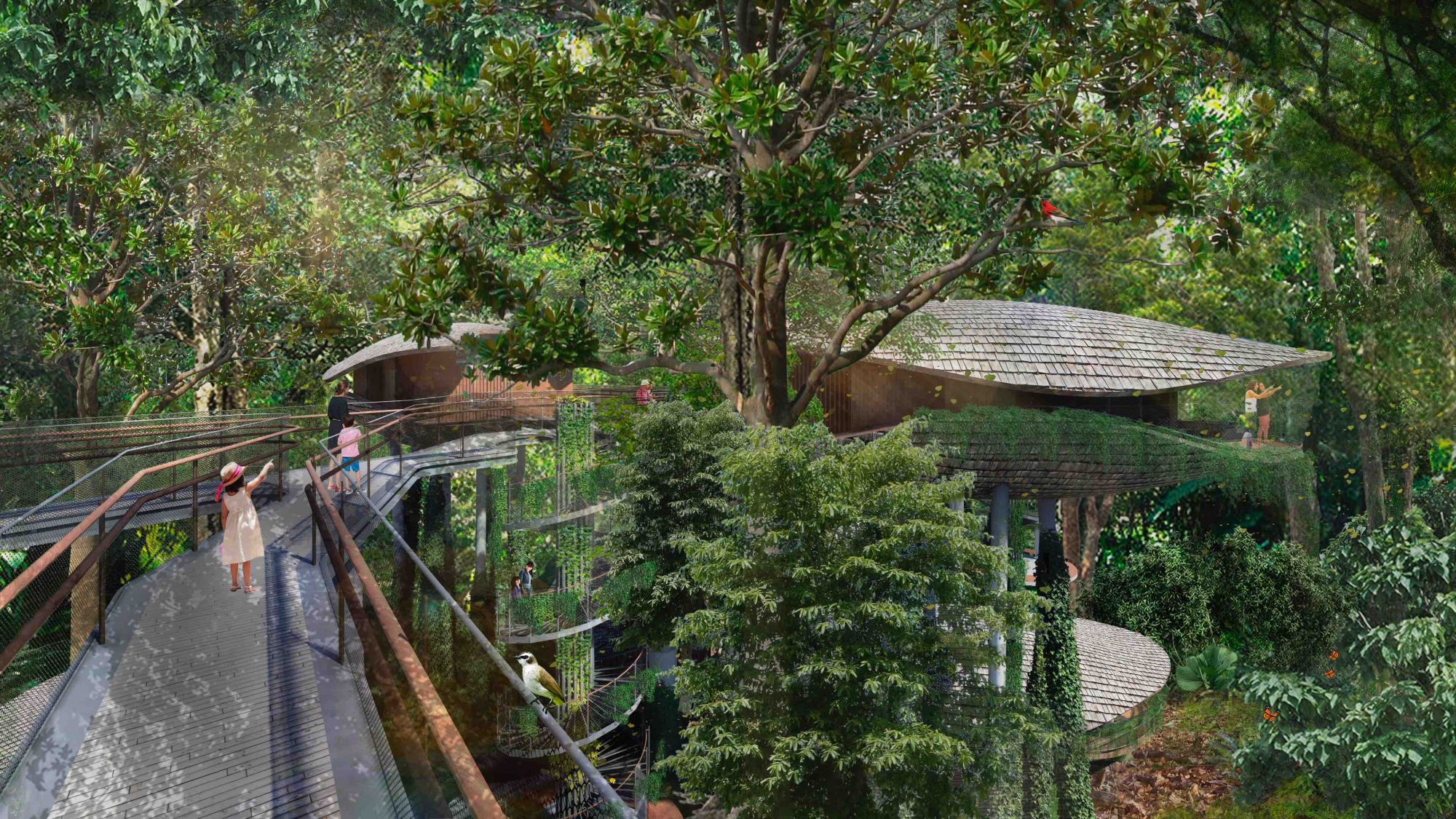WOW Architects believes that creating truly effective biophilic spaces stems from a genuine interest in nature—here, they discuss the Mandai Resort and other upcoming projects
“From earliest memory, I’ve had a strong affinity for trees, flowers and the geology of our surroundings,” says Maria Warner Wong. The Australia-born architect met her husband Wong Chiu Man while studying architecture at the University of Southern California (USC) in Los Angeles; the couple founded their namesake firms Warner Wong Design and WOW Architects in 2000.
See also: Urban Rooftop Farming Is Becoming More Than Just A Trend In Singapore

The co-founders’ nomadic history contributes to an acute appreciation for context—their projects embody sensory encounters while being rooted in culture, memory and place. The couple’s work, ranging from homes, hotels and offices to masterplans, don’t just introduce greenery into spaces; they start by being attuned to a site’s natural qualities. “Just as poetry, music, art and cuisine are inspired by nature, so too is our design centred on experiencing nature with all our senses,” says Warner Wong. “It was always our goal for architecture to make people more aware of their surroundings and help them enjoy the beauty of nature in the rituals of daily life.”
The firm is a strong propagator of ecological design. For instance, the award-winning St. Regis Maldives is built upon Vommuli Island’s natural features and incorporates green practices throughout the construction process. These experiences are as indispensible for the Mandai Resort project—a Super Low Energy (SLE) resort operated by Banyan Tree Hotels & Resorts at the National Singapore Zoo.


